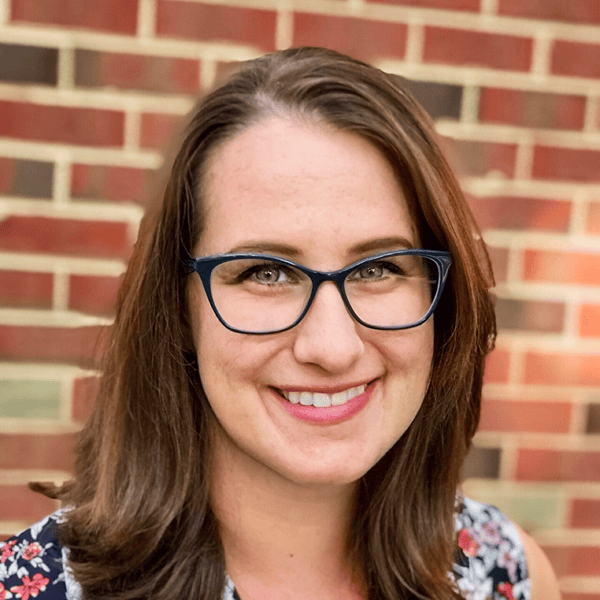Two years in the Winterthur Program in American Material Culture equipped me to research, write, curate, and teach using objects. I learned the ins and outs of museum work, to date and authenticate an array of object types from silver to furniture to textiles, and to condense deep research into a short object label to educate a public audience (always a challenge). This master’s program prepared me for a career in museum work, a path that many in my cohort immediately pursued and one that I, too, would eventually follow as a project historian at the National Museum of American History. When I started my history PhD program, I used my skills in analyzing objects as historical sources as I pursued extended research and writing. But I brought with me a working knowledge of museums and the expertise required of a museum professional. That skill set gave me confidence in my ability as a historian; it also helped me imagine numerous career pathways.
Not all history PhD students have prior experience, or the support, to imagine those pathways—a challenge the AHA’s Career Diversity initiative sought to address. That multiyear project did much to enhance the ability of history graduate programs to support student pursuit of careers outside the professoriate, but much remains to be done.
This is why I am particularly excited about Doctoral Futures, the AHA’s new program with the American Council of Learned Societies (ACLS), the Modern Language Association (MLA) and the Society of Biblical Literature (SBL). This three-year initiative, supported by the Mellon Foundation with additional ACLS funding, seeks to reimagine humanities PhD programs, with new structures, policies, and academic cultures that will help to prepare the next generation.
Amid the attacks on higher education that continue to harm the humanities and social sciences, some historians might question the utility of such an endeavor. To be clear: The AHA continues to tackle threats facing higher education. We are actively forming new coalitions to undertake this work, and we will work collaboratively and creatively to identify ways to support departments and faculty as they navigate this challenging landscape. But we must also invest in the future of doctoral education in history and in the humanities more broadly. Doctoral Futures is intended to be, as the project website describes, “a bold approach in a time of instability.”
Together, three committees will develop a public inventory of existing research on innovations in humanities graduate education and produce new research on promising models, engage with institutional decision-makers on adopting practices that fit their institutions, and support faculty and administrators as they work to implement programmatic changes.
Each association has launched a committee to examine the landscape of higher education. SBL is focusing on recruitment and admission practices, while MLA will examine graduate program topics including advising and mentoring, retention, curricular innovation, and the future of the dissertation. The AHA is leading the Post-Degree Pathways committee. We will examine how graduate education can be realigned to support diverse career paths; how to build sustainable partnerships among universities, communities, and potential employers; the creation of practical models for institutions to adopt; and take a longitudinal approach to understanding career outcomes for humanities PhDs.
I am excited to co-chair the AHA’s committee alongside deputy director Dana Schaffer. As two historians who ourselves have had varied careers, we look forward to working with the committee members to reimagine doctoral education. It is my fervent hope that through this initiative the AHA will help to ensure that all PhD students have the support that is essential to imagining a variety of fulfilling career pathways, and that society continues to benefit from the richness of humanistic knowledge.
This work is licensed under a Creative Commons Attribution-NonCommercial-NoDerivatives 4.0 International License. Attribution must provide author name, article title, Perspectives on History, date of publication, and a link to this page. This license applies only to the article, not to text or images used here by permission.

